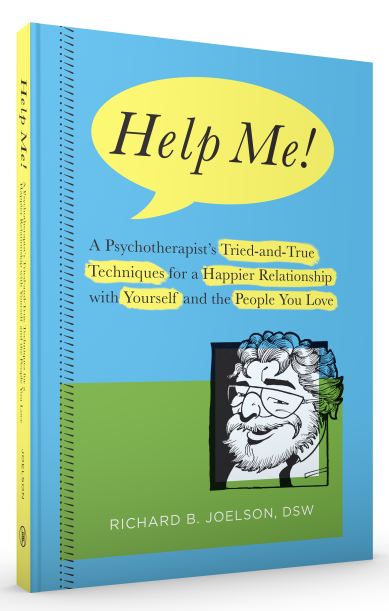
Image: robert_s/Shutterstock
A negative future isn’t the only possible outcome…
You might be surprised to learn that I think “yet” is one of the most important and powerful words in the English language. Its presence or absence from many conversations with patients in my practice is extremely revealing. I use the word “yet” in many sessions when I hear indications of pessimism, which, for some, comes much to easily about too many things.
I have been accused of being too optimistic when I tell patients that I am hopeful on their behalf, especially when, for various reasons, they express a negative or pessimistic outlook about some aspects of their lives where hopefulness would better sustain them.
Without a crystal ball we cannot realistically predict the future, however much we try. There are, however, some who are self-proclaimed experts on the future and claim to know exactly how things are likely to turn out. I have heard people make comments like the following: “I know that I will never find someone to marry!”, “I am sure that I will never get the supervisory position… I just know!” or “My spouse and I will never be able to work things out!”. I am always struck by such declarations of doom from people who otherwise would agree—in more objective and rational moments—that they were being overly pessimistic and, worse yet, undermining the possibility that they could be wrong and that other potential outcomes also exist.
When I hear these declarations of doom from patients, especially early in the therapeutic adventure, I suggest to them that perhaps they might “borrow” my optimism until they—hopefully—are able to develop their own! I acknowledge that my optimism may not be entirely justified, since I am not always aware of all the reasons for their pessimism. Nonetheless, I am often heard to say things like: “I don’t know enough yet to be able to completely sign on for your pessimism, so let me wait awhile until I join your despair! or “I just met you and I’ve heard how terrible your situation is. However, you came here in the hope of some kind of change, so let’s see what we might be able to do together before you return to the despair that preceded our efforts together.”
Adding the word “yet” to pessimistic or doomful predictions often gets a patient’s attention and introduces the possibility that their strong beliefs in a negative future outcome may not be entirely accurate. At least there is someone else—someone with some credibility—who is not ready to automatically accept his or her hopelessness.
“I know that I will never find someone to marry!” becomes “I haven’t found someone to marry, yet.” “We will never be able to work things out!” becomes “we have not been able to work things out, yet.” No, there is nothing magical about adding this word, however it does introduce a measure of hope into the proceedings without which a change effort may not fare well. Simply stated, people work toward change differently when they believe that change can actually occur.
When people view their situation as a condition, rather than a problem, they treat it differently and might not approach a change effort in the same way. Conditions are usually lived with, managed, coped with, etc. A problem is something to solve—or, at least, it should be. Being unhappily single or having a troubled marriage are best viewed as problems for which solutions might be actively sought, not conditions that are necessarily to be endured for a lifetime.
Yet. Perhaps you might find this word a useful addition to your own emotional vocabulary, especially when you observe pessimism interfering with your ability to be reasonably hopeful and optimistic when an outcome has yet to occur. It might even influence your attitude about an important issue in your life and lead to actions in behalf of meaningful change.
